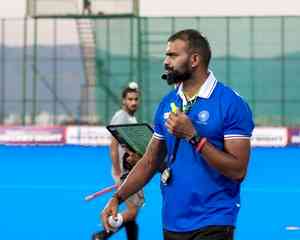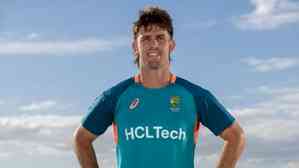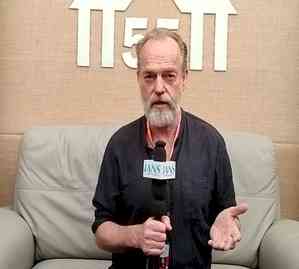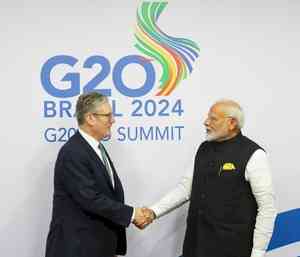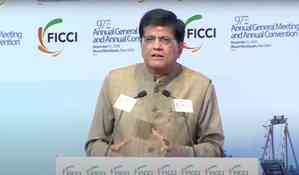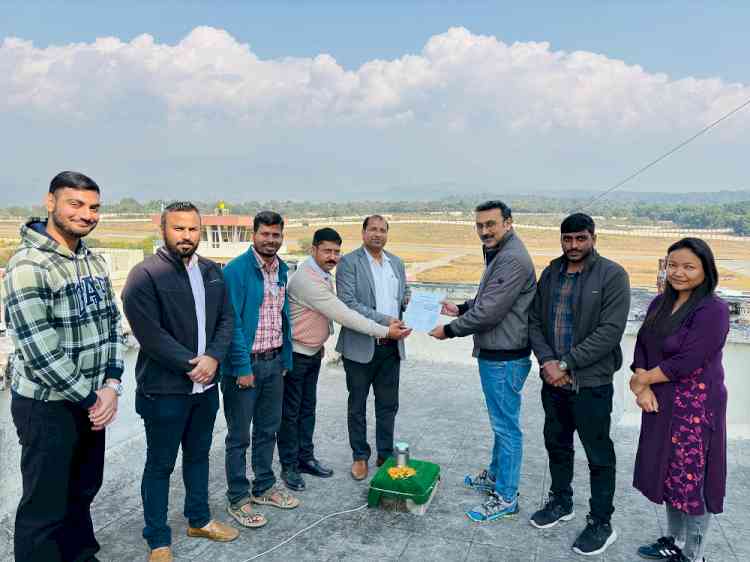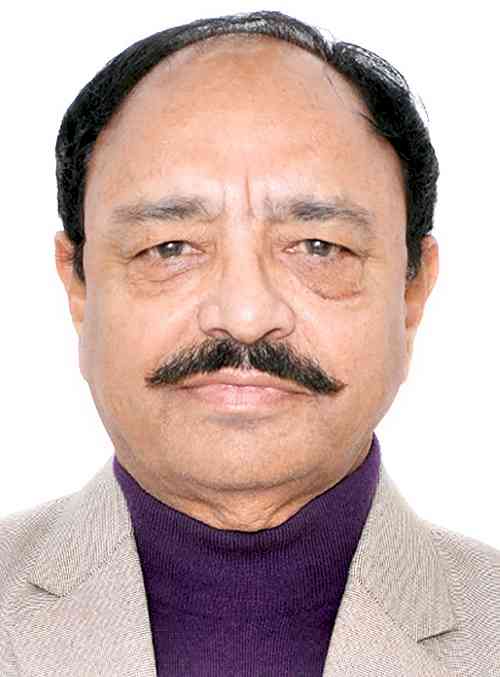Treat athletes like humans, not medal-winning robots, says Olympian Abhinav Bindra
Abhinav Bindra has urged the sports ecosystem to humanize athletes and not expect them to perform like robots. India's first individual gold medallist at the Olympic Games was speaking to sports psychologists in a virtual session at the Dr Karni Singh Shooting Range here on Thursday.
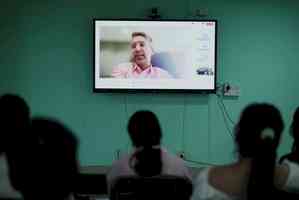
New Delhi, May 23 (IANS) Abhinav Bindra has urged the sports ecosystem to humanize athletes and not expect them to perform like robots. India's first individual gold medallist at the Olympic Games was speaking to sports psychologists in a virtual session at the Dr Karni Singh Shooting Range here on Thursday.
The psychologists are attending a certification programme focusing on the critical role of Sports Psychologists in the lives of shooting sports athletes. The programme is being conducted by the National Centre for Sports Science and Research (NCSSR), in collaboration with the National Rifle Association of India (NRAI), Target Olympic Podium Scheme (TOPS), and Netaji Subhash National Institute of Sports (NSNIS), Patiala.
“The first and foremost job is to treat athletes as human beings and not to keep conditioning them as medal-winning robots. Building trust and relationships with the athletes is very important and there should be absolute patience aplenty in the sports psychologists to deal with the constant mental and emotional evolution of the athletes,” said the 2008 Olympics men’s 10 Air Rifle gold medalist.
“The shooters who competed in the Tokyo Olympics and the shooters who will be competing in Paris will have gone through a sea change in their mindsets. The athletes should be psychologically assessed on how they are at the now, not how they were four years ago. It is essential to evolve as sports psychologists as per the athletes’ evolution.”
Bindra shed light on how coaches can embrace and be more receptive to sports science. “This is a transition period and there will be coaches who are guarded and not welcoming of sports science methods. But it all comes down to trust. It is imperative we make them understand psychology, technological advancements, physiology and other aspects of sports science through clinics.
“For example, having a mental well-being workshop for the coaches will make them happier and start to appreciate their roles more. This breaks a lot of barriers and makes them more open to embracing sports science. It will not be so much of a foreign concept to them anymore,” Bindra said.
--IANS
cs/bsk/


 IANS
IANS 
